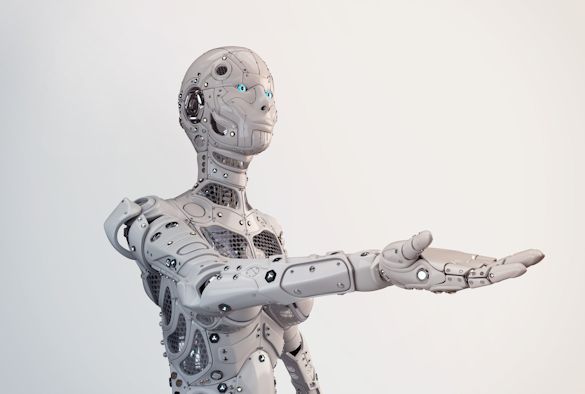
Liverpool computer scientist, Professor Michael Fisher, is one of the world-leading experts who will be discussing and exploring “Artificial Morality” at an international event being held in Germany.
`Artificial morality`, also called `machine ethics’, is an emerging discipline within Artificial Intelligence concerned with the problem of designing artificial “agents” that behave as moral agents, i.e adhere to moral, legal, and social norms.
Professor Fisher, who is also Director of the University’s Centre for Autonomous Systems Technology, is one of the organisers of a workshop bringing together international experts from the fields of Artificial Intelligence, Law, Philosophy, Computer Science, and Psychology to examine how to move from `Human Morality’ to reliable `Artificial Morality’.
Professor Fisher said: “Society is becoming increasingly aware of the risks that truly autonomous computational systems pose, especially where these systems are involved in decisions that affect our lives.
“Driver-less cars, robots in our homes, autonomous software, for example, all signal danger to many members of the public. While humans have developed formal legal and informal moral and societal norms to govern their social interactions, no similar regulatory structures yet exist that can be applied by autonomous, non-human, systems.
“This event will bring together experts from a wide range of disciplines to discuss the hard research questions in the study of artificial morality such as: how to describe, validate, verify and modify the “ethics” of moral machines; how to build regulatory structures that address (un)ethical machine behaviour; how do we assess the wider societal, legal, and economic implications of introducing these machines into our society.”
“Engineering Moral Agents – from Human Morality to Artificial Morality” will take place from May 29th to June 3rd in Schloss Dagstuhl, Germany.
Further details can be found at the website: https://www.dagstuhl.de/en/program/calendar/semhp/?semnr=16222